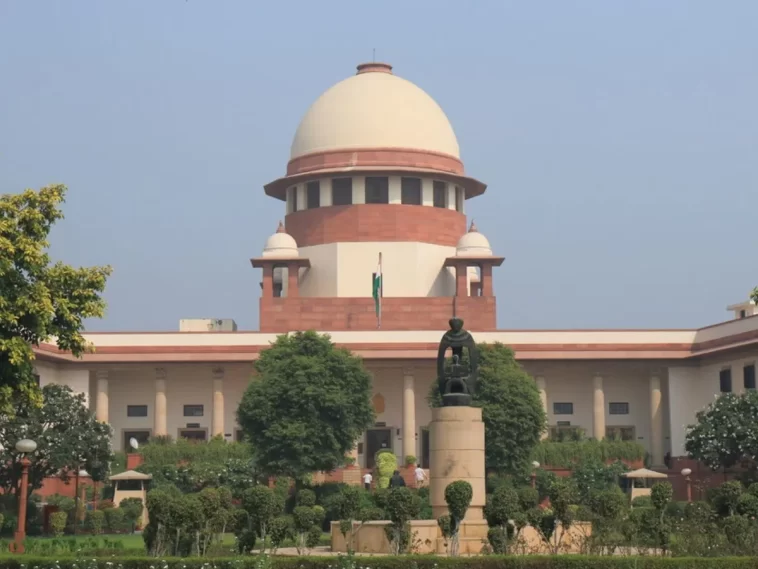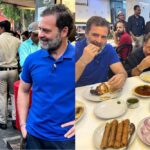The Supreme Court stated on Monday that judges should not communicate to the media about pending cases, calling into question the behavior of a Calcutta high court judge who gave a television interview about politically sensitive cases in West Bengal that his bench was adjudicating.
A bench led by the Chief Justice of India, Dhananjaya Y. Chandrachud, took exception to the video interview of justice Abhijit Gangopadhyay, who has issued at least ten orders directing the Central Bureau of Investigation (CBI) to investigate irregularities in the recruitment by the West Bengal School Service Commission.

“Judges have no authority to grant interviews in pending cases. And if they do, they will be unable to hear the case…They have no right to take part in the proceeding. This was stated by the bench, which also included justice PS Narasimha, while requesting a report from the registrar general of the Calcutta high court by April 28.
The bench added that it may ask the chief justice of the high court to assign the case to a new bench if the authenticity of the interview and transcript is confirmed. “We will not interfere with the investigation or issue a prohibition against an agency investigating the matter. “However, if a judge expresses an opinion about the petitioner during a television debate, he cannot hear the case,” it stated. “The chief justice must then appoint a new bench.”
ALSO READ : Virat Kohli embraces Anushka Sharma, plays badminton, and takes photographs with fans at event.
In its order, the bench requested that the registrar confirm with Justice Gangopadhyay whether or not he gave an interview to the Bengali television news channel ABP Ananda and elucidate his statements as captured in the video.
“We want to know whether or not the learned judge participated in the interview. This is something from a television video that cannot be misunderstood. We do not discuss what was said or observed in court, but rather television interviews,” the judge said as he scheduled a hearing for Friday.
In an interview with ABP Ananda that aired last September, Justice Gangopdhyay defended his orders for a CBI investigation by stating that there appeared to be “rampant corruption” in the recruitment process for teachers.
In addition, the high court judge stated that Trinamool Congress general secretary Abhishek Banerjee could be sentenced to three months in prison for claiming that a portion of the judiciary was in league with the opposition Bharatiya Janata Party (BJP). Even if the Supreme Court criticizes him and he is removed from the judiciary, he will stand by his actions because “corruption has destroyed India,” the judge said, perhaps cognizant that his conduct would be frowned upon by the highest court.
Banerjee presented the television interview and its transcript to the Supreme Court bench on Monday, citing a high court judge’s order directing the CBI and the Enforcement Directorate to investigate the TMC leader in connection with the recruiting scam case.
Senior counsel Abhishek Manu Singhvi and Gopal Sankaranarayanan complained that a seated judge cannot give an interview about a pending case and then issue an order against a political figure whom he has also criticized in the interview. Singhvi termed the behavior of Justice Gangopadhyay “unprecedented” and requested contempt proceedings.
After Singhvi drew the CJI’s attention to the television interview and transcript, the bench was inclined to pursue the matter. Initially, the bench observed that it may not be appropriate for the apex court to take notice of certain statements made by a judge during proceedings before his court.
“The question is whether a judge who has made such statements about a political figure should be permitted to take part in the proceedings. “There must be a procedure,” stated the bench.
The court was hearing Banerjee’s petition challenging Justice Gangopadhyay’s order directing the CBI and ED to interrogate him in relation to the bribe-for-job scandal in the West Bengal school education department. The bench stayed the high court order against the TMC MP until April 24 last week. The temporary relief will endure until the next hearing date.




